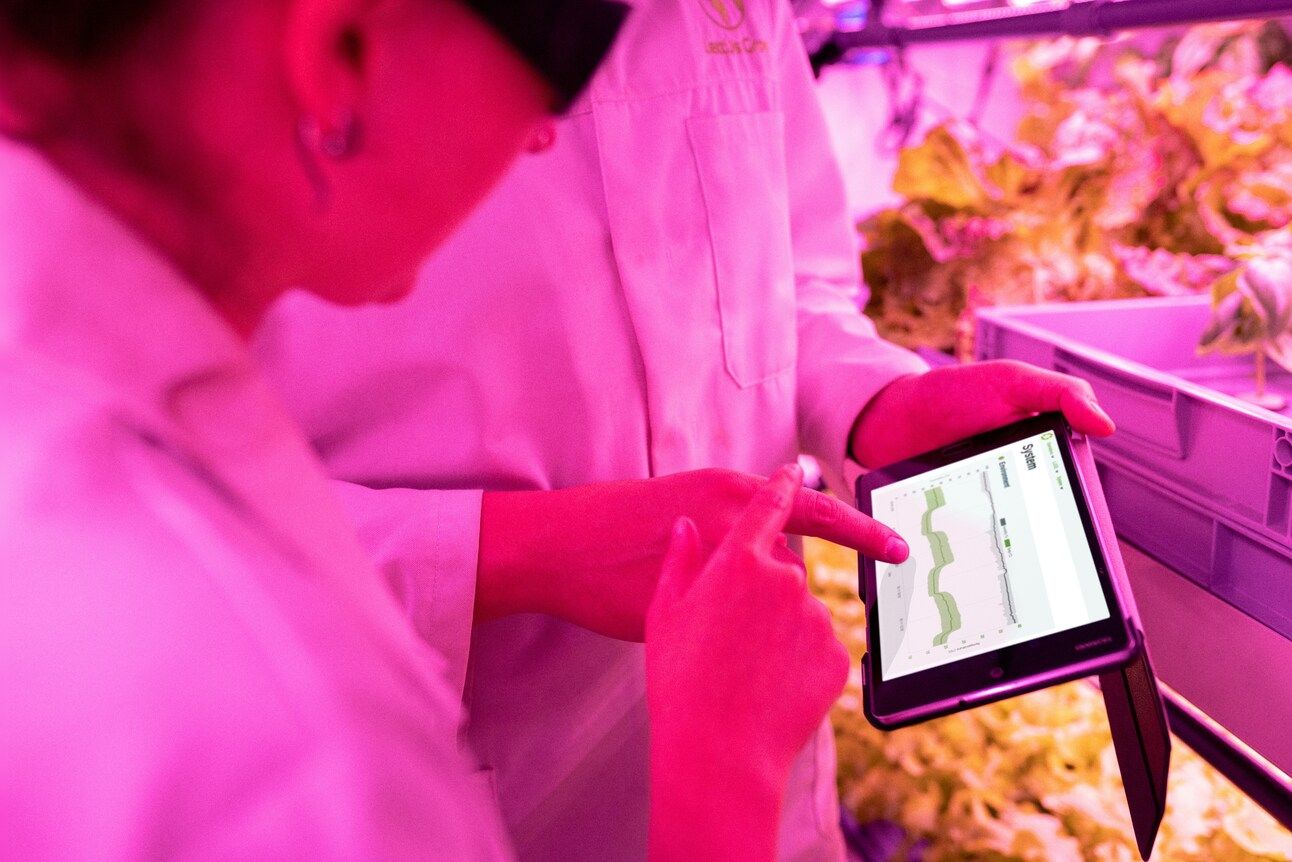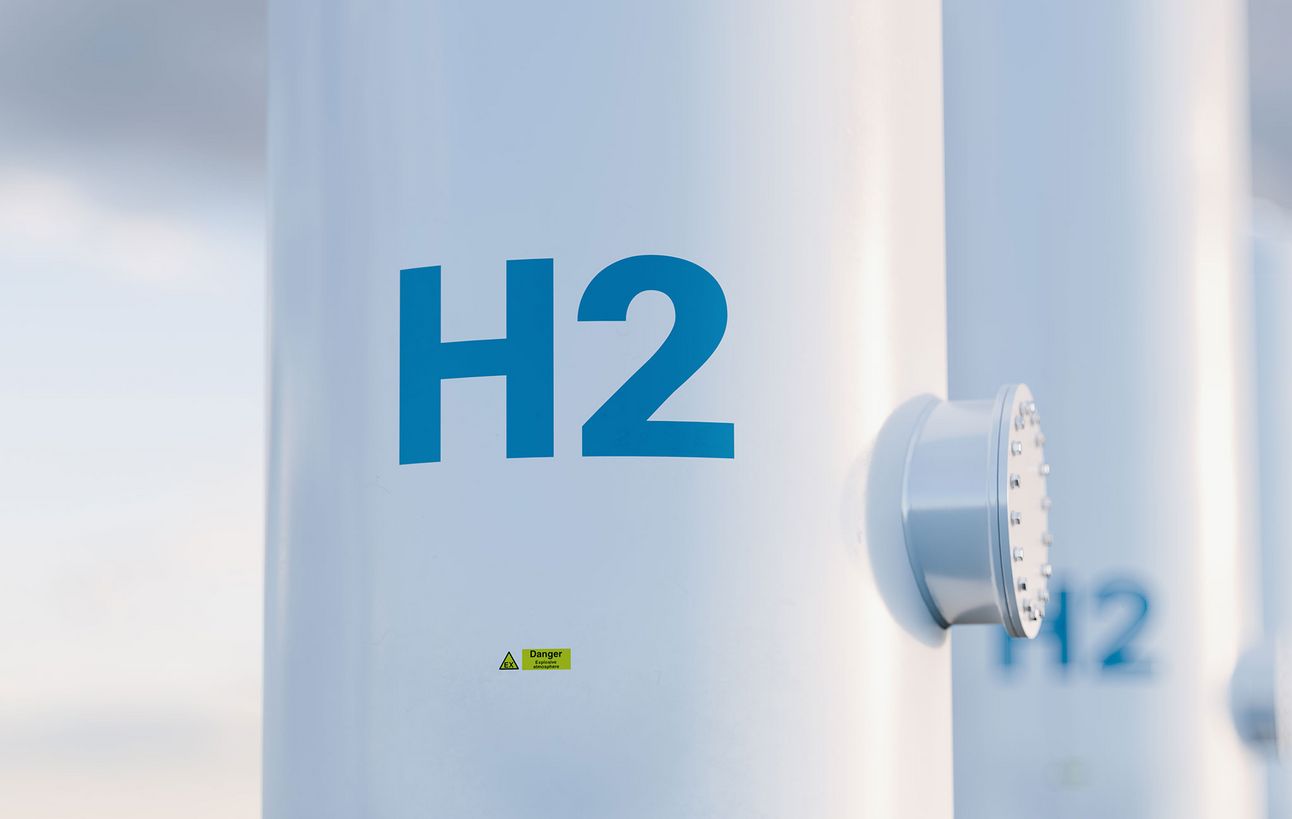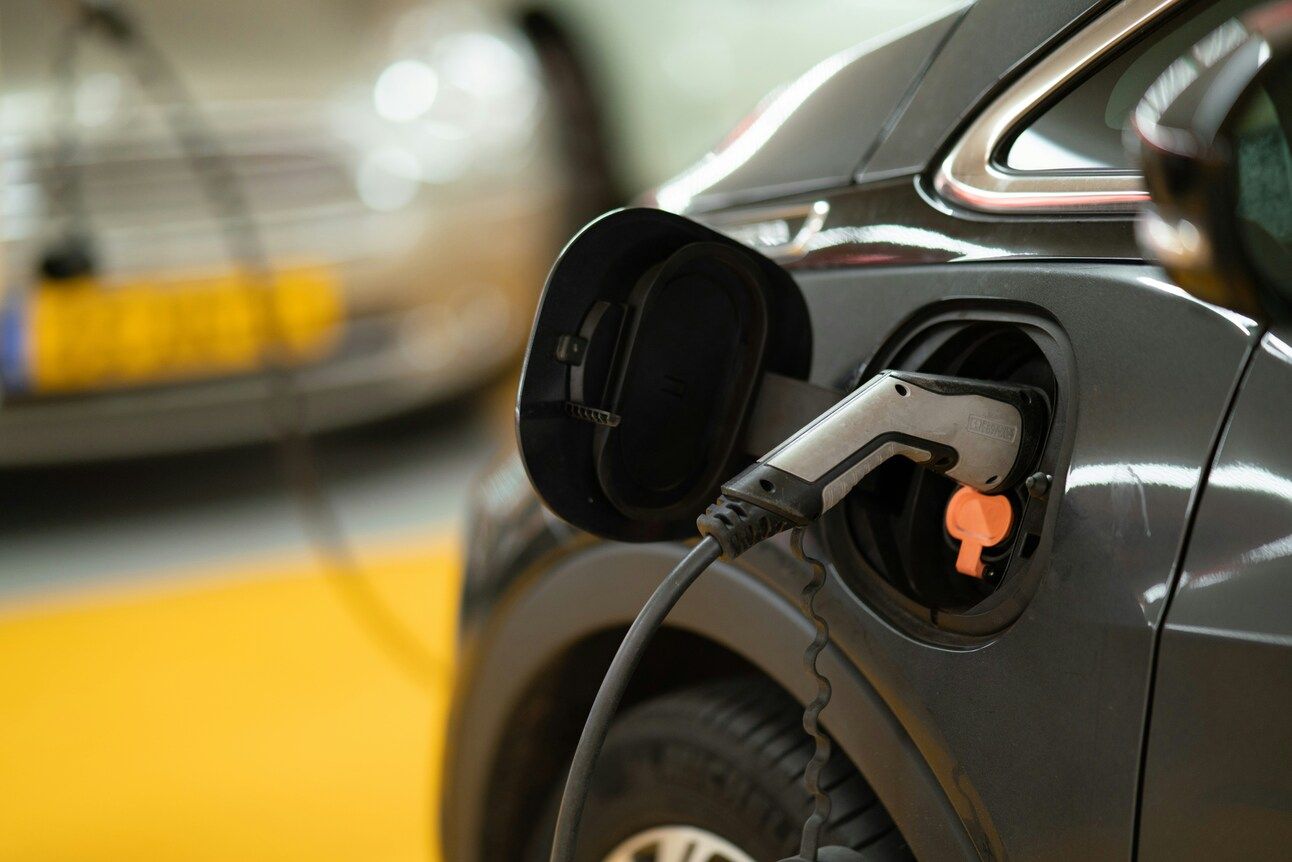- Soma Mater's Newsletter
- Posts
- Soma Mater's Newsletter
Soma Mater's Newsletter

Welcome to the SOMA MATER weekly newsletter.
This weekly newsletter highlights the top 3 stories from the past week in food systems and sustainability, along with SOMA MATER's analysis and perspective.
What does the recently-launched Abu Dhabi Agriculture and Food Security Data Platform mean for food security in Abu Dhabi?
What are the advantages that the UAE has in hydrogen production, and how do they position the country as a global leader in this sector?
How are electric vehicles (EVs) impacting global greenhouse gas (GHG) emissions, energy use, and oil demand?
Sustainably yours,
The SOMA team
Data Bites: ADAFSA's New Platform Serves Up Food Security Insights!

The Abu Dhabi Agriculture & Food Safety Authority (ADAFSA) has launched the Abu Dhabi Agriculture and Food Security Data Platform. It is supported by H.H. Sheikh Mansour bin Zayed Al Nahyan and developed with 16 key partners.
The platform provides information on the agriculture and food sector in Abu Dhabi, aiding decision-making on food security and agriculture issues. It features dashboards with over 335 indicators and offers real-time data on animal and plant health, pest control, vaccination programs, and investment opportunities. The platform also forecasts production, consumption, and supply-demand for food commodities. It will track food security on local, regional, and global levels.
The Emirate of Abu Dhabi has focused on food security in the last few decades. In 2010, 77,000 hectares in the Emirate were designated for farming. In the course of four decades (from 1971 to 2017), the number of plant holdings in the Emirate increased 38-folds. The size of arable land in Abu Dhabi also grew from 22,377 donum to 749,868 donum in 2017.
Soma’s Perspective:
ADAFSA holds significant amounts of food data and wishes to utilize it. While Dubai has established itself as a regional hub for food trade and logistics, Abu Dhabi is becoming recognized as a hub for local food production. We believe Abu Dhabi is on track to becoming a major food security hub for the entire region. Platforms likes these will help ADAFSA to continue leading in this sector.
Sources:
https://www.adafsa.gov.ae/en/mediahub/news/pages/news170703.aspx
https://www.thenationalnews.com/climate/environment/2024/03/19/the-uae-green-dreamers-joining-crucial-fight-to-boost-food-and-water-security/
Hydrogen Hype: UAE's Quest to Color the Future with Blue, Green, and Pink!

Hydrogen is vital for the energy transition. The UAE produces blue and grey hydrogen, with plans for pink hydrogen. Blue hydrogen uses natural gas with carbon capture, grey hydrogen uses natural gas without capturing greenhouse gases, and pink hydrogen uses electrolysis powered by nuclear energy.
The UAE’s National Hydrogen Strategy launched last year aims to make the country a global leader in hydrogen production. The strategy focuses on diversifying methods, investing in infrastructure, fostering research, creating supportive policies, developing markets, and promoting sustainability. The goal is to produce 1.4 million tonnes of hydrogen annually by 2031 and 15 million tonnes by 2050.
The UAE benefits from several advantages in hydrogen production. These include cost-effective hydrocarbons, facilities for ammonia and hydrogen production, large CO2 storage, and favorable solar power generation conditions As of 2022, the Middle East has the lowest cost for producing blue hydrogen from natural gas at USD 0.43 per kilogram. Green hydrogen production is also expected to improve significantly by 2036. This will be important in decarbonizing high-polluting heavy industries like cement and steel production.
Soma’s Perspective:
The UAE is positioning itself to lead the energy transition. The region has financial and environmental advantages in the production of hydrogen and renewable energy. We believe the UAE should invest heavily in hydrogen-production infrastructure in order to produce green hydrogen locally. This will require the implementation of renewable energy, of which the UAE is already actuating through the solar sector. The UAE should strive to become an early-mover in this growing market in order to reap its benefits sooner.
Sources:
EV-olution: How EVs are Charging Ahead and Leaving Oil in the Dust!

The transportation sector contributes heavily to global greenhouse gas (GHG) emissions. It accounts for over 20% of energy-related CO2 emissions and about 15% of global GHG emissions. The introduction of hybrid electric vehicles (HEVs), plug-in hybrid electric vehicles (PHEVs), and electric vehicles (EVs) aims to minimize this. PHEVs and EVs use less energy and emit less GHG emissions than internal combustion engine vehicles (considering its fuel cycle), with EVs emitting just 200 grams of CO2 per mile. An EVs’ life cycle greenhouse gas (GHG) emissions is about 29% lower than those of an internal combustion engine vehicle.
However, manufacturing EVs has a higher environmental impact and cost due to their large batteries. Building a new EV emits about 80% more GHG emissions than a gas-powered car. The production of an 80 kWh lithium-ion battery in a Tesla Model 3 generates between 2.5 and 16 metric tons of CO2, depending on the energy source.
The surge in EV sales driven largely by China has been curbing oil demand. In 2023, EVs accounted for 30% of new car sales in China, expected to rise to 35% in 2024. The International Energy Agency (IEA) notes that the rapid increase in clean energy technologies has reduced fossil fuel use by 5% over the past five years. The world would be consuming an extra 1 million barrels of oil a day if not for the rapid increase in clean energy technologies.
Soma’s Perspective:
Electric vehicles present challenges in terms of production emissions and costs. However, their long-term environmental benefits and potential to reduce global GHG emissions make them vital to sustainable transportation. The shift towards EVs is already influencing global markets and production trends, particularly in regions like China, which is leading in both EV production and adoption. The reduction in oil demand due to the increasing adoption of EVs highlights their significant impact on the global energy landscape. Oil-exporting countries like the UAE and Saudi should brace for the shift away from oil in the automobile sector.
Source:
SOMA MATER is writing Intelligence Reports on the topics of Food Security and Net Zero Transition. If you’d like to know more, contact us through the link below: